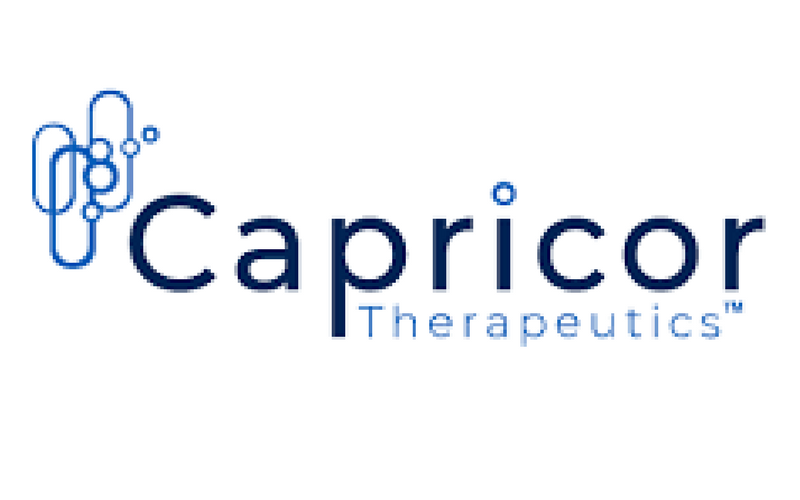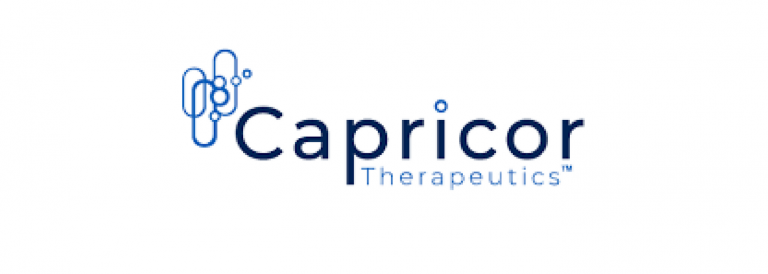Capricor therapeutics has announced the results of their interim analysis of the phase 2 trial of CAP-1002 in Duchenne.
The trial has recruited 17 participants, with 7 receiving CAP-1002 and 10 a placebo – an inactive form of the drug. So far, 12 participants have reached the 6 month point in the trial and muscle function in the individuals who received CAP-1002 has declined less than those who received placebo (using the PUL – a measure of upper limb function).
Encouraging results were also seen using cardiac function tests and these results are currently being further analysed by Capricor.
These data support the hope that CAP-1002 may one day become an important therapeutic option and possibly slow the advancement of the disease.
Craig McDonald, Principal Investigator for the HOPE-2 clinical trial in the US
CAP-1002 consists of something called allogeneic cardiosphere-derived cells, or CDCs. CDCs are a type of cell taken from donors. They produce chemical messenger molecules, which can change how other cells behave. In pre-clinical and clinical studies, these messages have been shown to change the activity of the immune system. This could encourage regeneration of damaged tissues and Capricor believe CDCs might slow down the decline in heart function people living with Duchenne.
Early in the trial some serious side-effects were seen. Capricor stopped giving CAP-1002 to participants while they changed how the potential treatment is given. The company hopes these encouraging results will allow the trial to continue in the near future.



 Rare disease genomes event
Rare disease genomes event